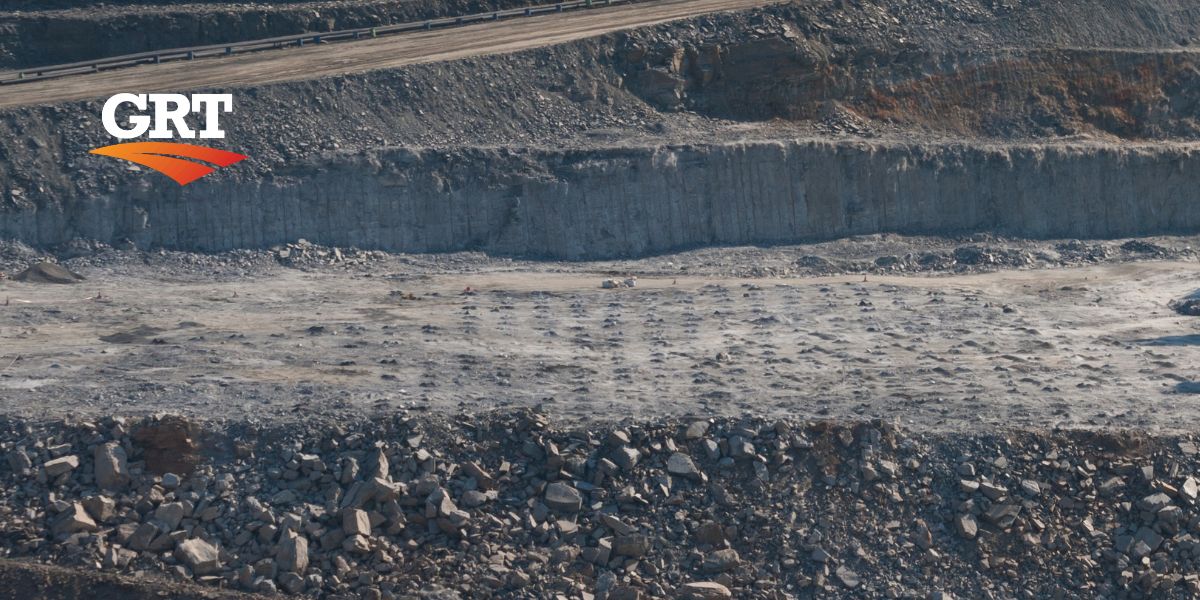Prime Minister Anthony Albanese has given in to industry pressure and will provide ‘tax credits’ for Australia’s ailing nickel miners. After Australia’s biggest company, BHP, signalled that it was close to shutting down its WA nickel operations, at the cost of 3000 full-time jobs, the Prime Minister was left with no choice but to step in.
Under stress from a market flooded with cheap supply, mainly from Indonesia, Australia’s nickel industry has become uncompetitive with a raft of mine closures so far this year.
In announcing the support, Mr. Albanese said the industry’s problems were “time-limited” and that the government was “looking towards smart, targeted support”.
Indonesia has lept ahead with its production stats in recent times but is also unrestricted by the same environmental standards that Australia has. Speaking in Perth last week, Mr Albanese reiterated to reporters that “this is a short-term issue for what is, in the long term, a very critical industry for Australia.”
“Nickel will be a critical mineral going forward. It’s critical for batteries and for other sources as the global economy shifts, as we are seeing, to clean energy.”
The government also added nickel to the critical minerals list to aid WA’s miners and producers. The WA government also announced a 50% royalty discount for nickel miners over 18 months.
Are environmental regulations, health and safety concerns or potential profit loss a concern right now?
Rio Becomes Australia’s Largest Renewable Energy Buyer
Rio Tinto continues its mission to ‘re-power’ the company’s Gladstone operations with renewable energy. The mining major has signed a new Power Purchase Agreement (PPA) with Windlab for 80% of the clean energy generated by its proposed 1.4 gigawatt Bungaban wind farm.
The agreement is set to run for a quarter century, leaving the remaining 20% for Australia’s domestic energy needs.
Rio has signed multiple renewable PPAs recently and, with the addition of the Bungaban deal, has become Australia’s biggest buyer of renewable energy. Rio’s CEO, Jakob Stausholm, has stated that the task of providing competitive, firm power to Gladstone plants is challenging, but the company has a pathway to achieve it.
“Rio is working hard with all stakeholders, including the Queensland and Australian Governments, to accomplish this goal,” he said.
“Competitive capacity, firming, and transmission are critical to developing a modern energy system that can ensure more large-scale renewables development in Queensland and help guarantee the future of Australian industry.”
The Bungaban project is expected to commence in late 2025, with the first power by 2029. Windlab’s CEO John Martin said Bungaban would create “up to 600 new jobs and inject about $500m into the regional economy through local employment, supply and contracting.”
Australia: Still a Coal-Fired Continent
When it comes to coal mining, Australia remains one of the largest producers in the world, trailing only giants like China, India, the US, and Indonesia.
But on the coal-fired power generation front, Australia is even further up the chain and is the world’s second-largest burner of thermal coal.
With a commitment to the Paris Agreement on climate change and a long-term plan to meet net zero carbon by 2050, the country’s continued use of coal raises an obvious challenge. The International Energy Agency (IEA) is urging Australia to phase out its coal-fired power plants in favour of more renewable energy projects; however, rising energy costs are making the government cautious as it seeks to ease ‘cost-of-living’ pressures.
There is no deadline for the closure of domestic coal-fired power plants. Still, the government maintains a target of 82% renewable energy generation, so, to put it simply, the retirement date for coal must come. But for now, at least, Australia remains a coal-fired continent, relying on its cheap abundance to provide the nation with the energy it needs while slowly phasing in the clean energy technology of the future.
You can read more about Australia’s coal dependence at the link below.
Dust suppression is a critical issue in the world of mining and resources.
Learn more about GRT’s industry-leading and IoT-connected SMART Dosing Units, and discover how we’re driving better dust suppression solutions for all!
If you’d like to talk with an expert, simply contact us!
Your feedback is important to us.
If you enjoyed reading this Global Road Technology industry update and found it informative, please let us know by leaving a REVIEW
References:
https://www.afr.com/politics/federal/labor-plans-tax-credits-to-help-nickel-miners-20240218-p5f5tc
https://announcements.asx.com.au/asxpdf/20240221/pdf/060lyd43vj62t3.pdf
https://www.mining-technology.com/features/can-australia-give-up-coal/?cf-view
Troy Adams
Troy Adams is the Managing Director of Global Road Technology (GRT) Specialising in Engineered Solutions for Dust Suppression, Erosion Control, Soil Stabilisation and Water Management. A pioneering, socially conscious Australian entrepreneur, Troy Adams is passionate about health and safety and providing innovative solutions that are cost-effective to the mining industry, governments and infrastructure sectors. Troy is also a tech investor, director of companies like Crossware, Boost, Hakkasan, Novikov and more.

